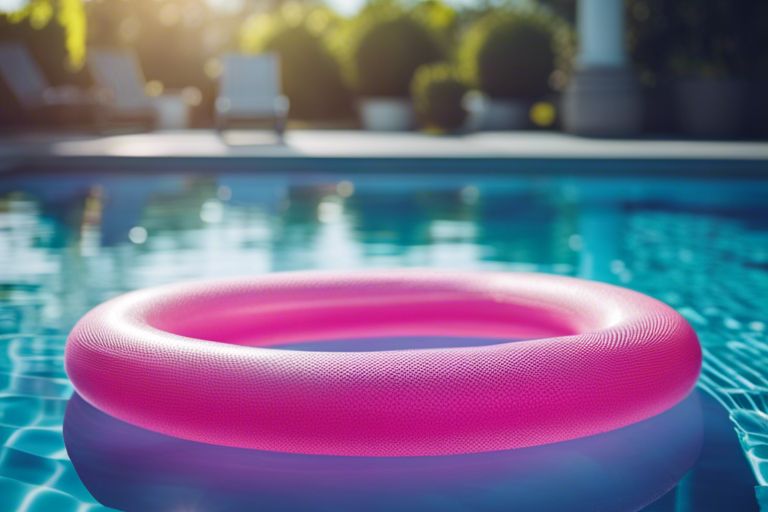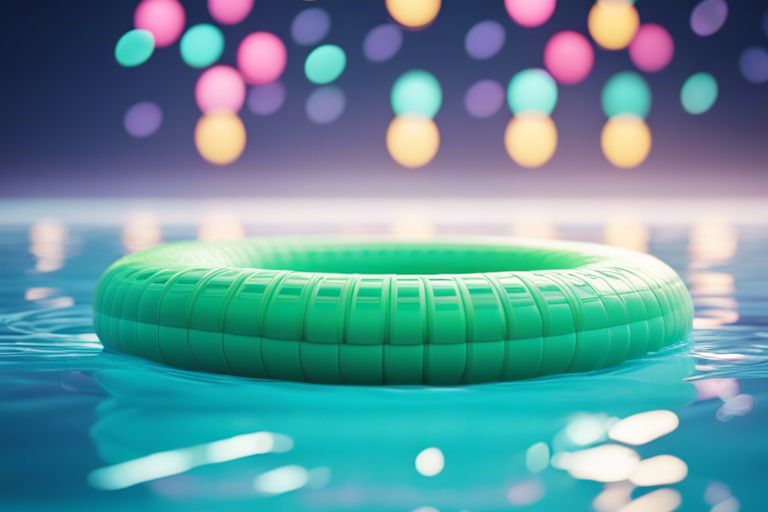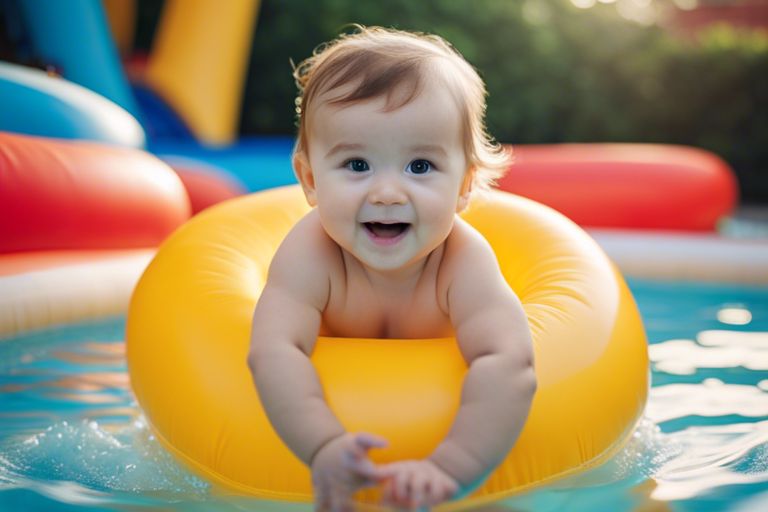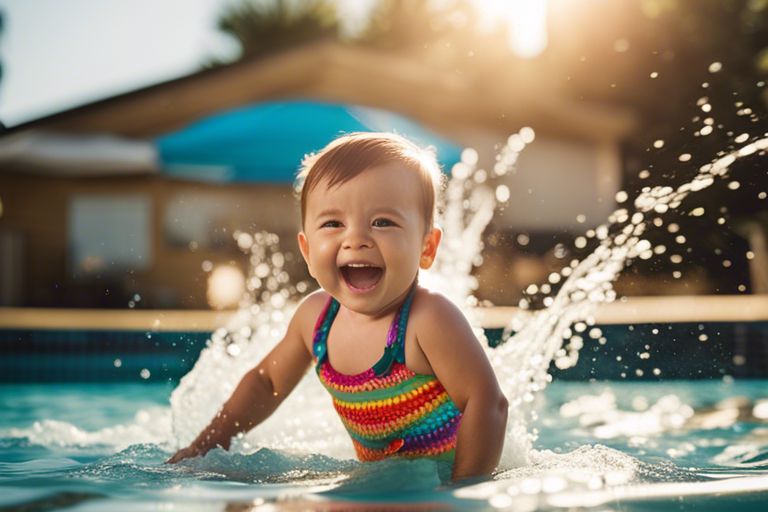Most of us enjoy using pool noodles for fun and relaxation in the water. However, have you ever wondered if these colorful foam tubes are actually safe? In this blog post, we will uncover the truth about whether pool noodles are toxic and discuss important factors to consider when using them.

Key Takeaways:
- Pool noodles are generally safe for use: Pool noodles are typically made from closed-cell foam, which is non-toxic and safe for swimming.
- Check for toxic materials: It is important to ensure that the pool noodles you purchase are free from harmful chemicals such as phthalates and BPA.
- Proper care and maintenance: To ensure safety, it is recommended to store pool noodles in a cool, dry place and avoid exposing them to high temperatures or prolonged sunlight.

Understanding Pool Noodles
Composition of Pool Noodles
Before delving into the potential toxicity of pool noodles, it is imperative to understand what they are made of. Pool noodles are typically constructed from closed-cell polyethylene foam, making them lightweight, flexible, and buoyant.
Types of Pool Noodles
Noodles come in various shapes, sizes, and colors, catering to different preferences and needs. Some pool noodles are solid, while others have a hollow core. They can vary in length, diameter, and texture, offering versatility for various water activities.
| Noodle Shape | Solid or Hollow |
| Length | Various sizes available |
| Diameter | Range of thickness options |
| Texture | Smooth or ribbed surface |
| Color | Assorted color choices |
It is crucial to choose the right type of pool noodle based on your intended use. Whether it’s for swimming, water aerobics, or pool games, selecting the appropriate noodle can enhance your experience and safety in the water. Perceiving the variations in pool noodles can help you make an informed decision.

Potential Toxins in Pool Noodles
Chemicals Commonly Used
Any product made from plastic, like pool noodles, can potentially contain harmful chemicals. Some common chemicals used in the production of pool noodles include phthalates, BPA, and lead. These chemicals have been linked to various health concerns and it’s important to be aware of their presence in products that may come into contact with skin or be ingested.
Health Implications of Exposure
Implications of exposure to these toxins can include hormonal disruptions, developmental issues in children, and increased cancer risks. Children, in particular, are more vulnerable to the effects of these chemicals due to their smaller body mass and developing systems. It is crucial to minimize exposure to these toxins, especially in products like pool noodles that are often used in recreational settings where prolonged contact is common.
Safety Standards and Regulations
Once again, when it comes to the safety of pool noodles, it is crucial to consider the existing safety standards and regulations that govern their production and use.
Governmental Oversight and Guidelines
Guidelines set by government regulatory bodies ensure that pool noodles meet certain safety benchmarks. These regulations cover aspects such as material composition, manufacturing processes, and labeling requirements to inform consumers about potential hazards.
Industry Best Practices
Best practices in the pool noodle industry include adhering to strict quality control measures, regular testing for chemical levels, and clear instructions for safe use. It is imperative for manufacturers to stay informed about any new research findings or regulations to continually improve product safety.
Safer Alternatives and User Recommendations
Choosing Non-Toxic Pool Noodles
Many individuals are now opting for non-toxic pool noodles to ensure their safety while swimming. These alternatives are made from materials that are free of harmful chemicals, providing peace of mind for users.
Maintenance and Safe Usage Tips
On the topic of maintenance and safe usage of pool noodles, it is necessary to follow these tips to prolong their lifespan and ensure safety:
- Always rinse pool noodles after use and allow them to dry completely before storing.
- Avoid keeping pool noodles exposed to direct sunlight for prolonged periods as it may degrade the material.
- Do not use pool noodles as safety devices or flotation aids unless specifically designed for such purposes.
This practice will help maintain the integrity of the pool noodles and prevent any potential hazards during use.
Summing up
Following this exploration, it can be concluded that pool noodles are not inherently toxic. However, it is crucial to be aware of potential risks associated with certain chemicals used in their composition and to take necessary precautions when handling and storing them to ensure safety for users.
FAQ
Q: Are pool noodles toxic?
A: Pool noodles are generally considered safe and non-toxic for recreational use in pools. However, some pool noodles may contain chemicals such as phthalates, which can be harmful if ingested. It is important to check the labeling of the pool noodles and ensure they meet safety standards.
Q: How can I ensure that the pool noodles I am using are safe?
A: To ensure that the pool noodles you are using are safe, look for products that are labeled as non-toxic and comply with safety regulations. Avoid pool noodles that have a strong chemical odor or are made with materials known to be harmful. Always supervise children when using pool noodles to prevent any accidental ingestion.
Q: What should I do if a pool noodle is accidentally ingested?
A: If a pool noodle is accidentally ingested, it is important to seek medical help immediately. Swallowing even a small amount of a toxic substance can be harmful, especially for children. Contact a healthcare provider or local poison control center for guidance on the next steps to take.



